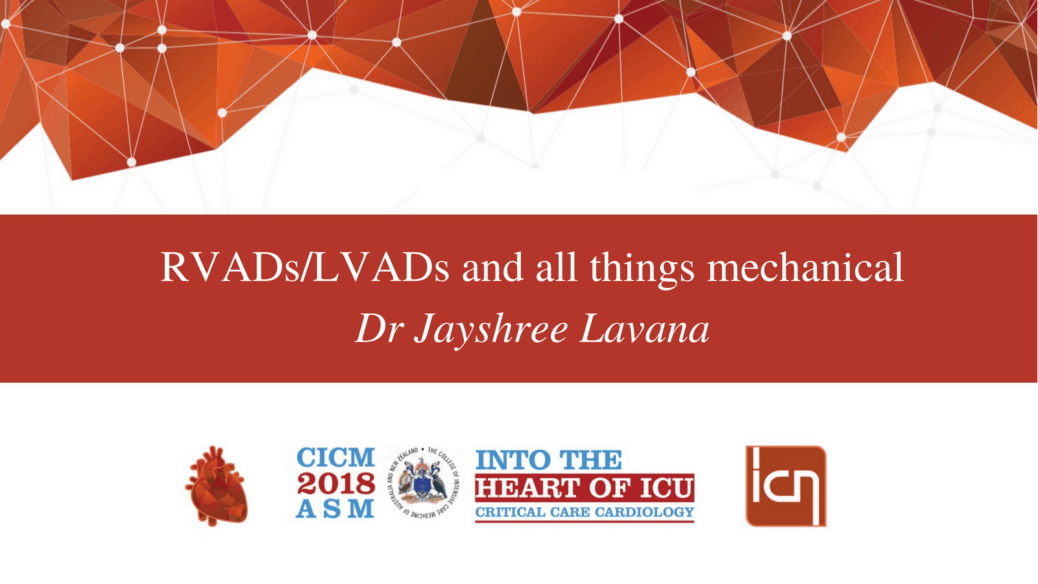Survival in patients with advanced heart failure (AHF) has improved over the last 2 decades. An increasing number of patients however, are dying with progressive heart failure over the same duration. Optimal utilization of medical therapies and devices like implantable defibrillators and biventricular pacemakers are the likely reasons patients are surviving longer albeit with progressive HF.
Evolution in mechanical circulatory support (MCS) devices has occurred over the same period, such that they can now be rapidly instituted providing support for pump failure, often percutaneously, with timely restitution of physiologic and metabolic derangements with fewer complications.
MCS devices can be classified as Short term and Long term. Short term devices such as Intraaortic balloon pumps (IABP), Impella ®, TandemHeart® or Venoarterial extracorporeal membrane oxygenation (VA – ECMO) using a Cardiohelp® device, are usually employed as ‘Bridge to Recovery’(BTR) or Bridge to Decision’(BTD), usually in acute settings. Long term devices such as implantable left ventricular assist devices (LVADs) e.g. Heartmate II® & 3®, Heart ware HVAD® are implanted as ‘Bridge to transplant’ (BTT) or ‘Destination therapy’ (DT) usually in patients ‘sliding’ on inotropes when they are transplant eligible (BTT) or ineligible (DT) respectively.
Ventricular assist devices have traditionally been developed for left ventricular support in case of severe left heart or biventricular dysfunction. Historically, right ventricular (RV) dysfunction following LVAD implantation or as a component of biventricular dysfunction was managed with either medical therapy, temporary VADs (i.e. ECMO configuration with continuous flow centrifugal pumps like CentriMag®, Rotaflow ®) or occasionally with LVADs placed on the right side. Recently the Impella RP® and ProtekDuo®, percutaneously placed pumps with inflow in the inferior vena cava & right atrium respectively and outflow in pulmonary artery, have become available as less invasive options, for short term RV support.
The Syncardia® is the only approved total artificial heart system currently in use; however various biventricular, total heart systems (e.g. BiVACOR®) in development show promise.
Mechanical circulatory devices provide attractive, viable, physiologically plausible ventricular support options that can be used effectively in carefully selected patients.

























